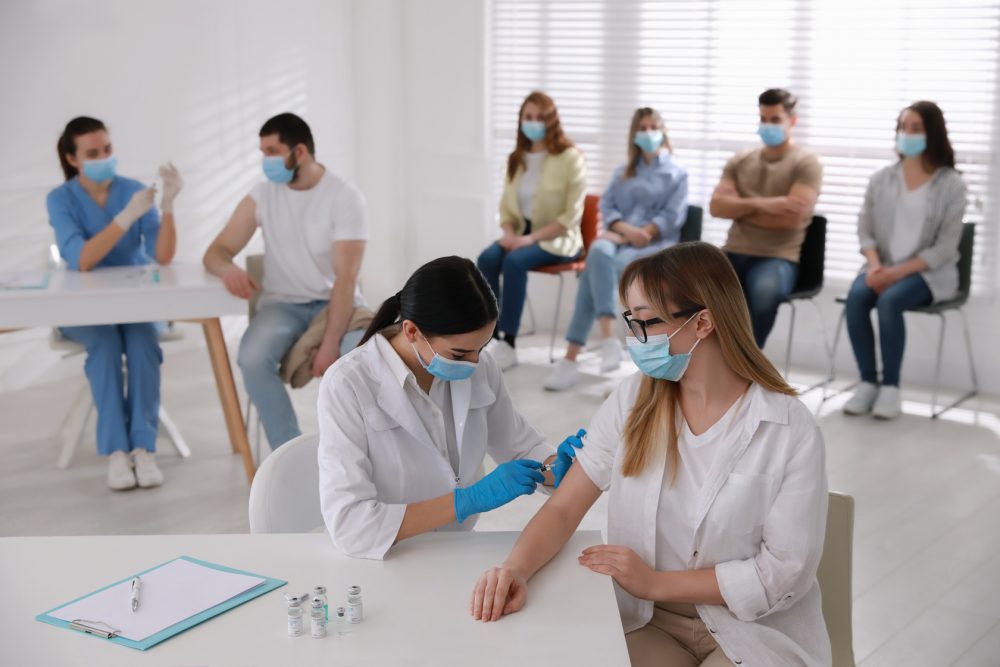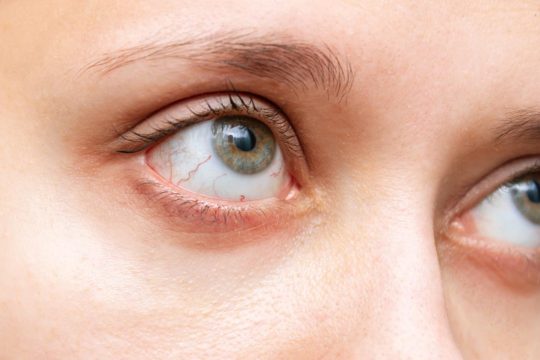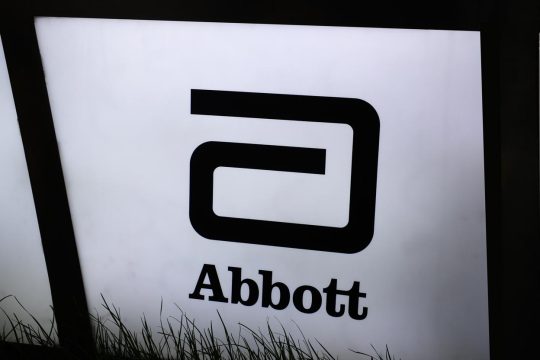Advertisment
Don’t bet on lottery to boost vaccine uptake

Most people offered a COVID-19 vaccine in 2021 kept their appointment and rolled up their sleeves. However, as the year wore on, some countries struggled with vaccine hesitancy. Experts say there can be a variety of reasons why people opt out, ranging from unease about the vaccine, low trust in authorities, and lack of convenient access to free immunisation.
For those keen to be vaccinated, the main incentive was usually the prospect of protection against an infectious disease, but others vaccinated to protect vulnerable loved ones – or simply to ensure they do not miss work or limit their social lives.
Policymakers in several US states have experimented with offering financial and other incentives to attract hesitant individuals, including those who are open to vaccination but lack the motivation required to book and attend an appointment. Several have offered lottery prizes to entice those who had not initially signed up. Researchers at Boston University School of Medicine (BUSM) set out to answer the crucial question: did it work?
The focus of an initial study led by Dr Allan J Walkey, professor of medicine at BUSM was Ohio’s ‘Vax-a-Million’ lottery. Using data from the US Centers of Disease Control (CDC) to evaluate trends in vaccination rates among adults 18 and older, the researchers compared vaccination rates before and after the Ohio lottery versus other states in the US that did not yet have vaccine incentive lottery programmes.
‘Our results suggest that state-based lotteries are of limited value in increasing vaccine uptake,’ said Dr Walkey who is a practising physician at Boston Medical Center. ‘Therefore, the resources devoted to vaccine lotteries may be more successfully invested in programmes that target underlying reasons for vaccine hesitancy and low vaccine uptake.’
The team said they were sorry to find no association between the innovative incentive scheme and vaccine uptake but hope the study will shift focus away form ‘ineffective and expensive’ lotteries, towards alternative approaches that may prove more successful.
The research was published in the Journal of the American Medical Association (JAMA) and was supported by a follow-up study of similar vaccine lotteries in 15 more US states. ‘As in our prior study of Ohio’s lottery incentive, we unfortunately did not find an increase in COVID-19 vaccinations related to lottery incentive programmes in other states,’ said Dr Anica Law, assistant professor of medicine at BUSM and a contributor to both papers. The follow-up paper appeared in JAMA Internal Medicine.





